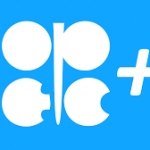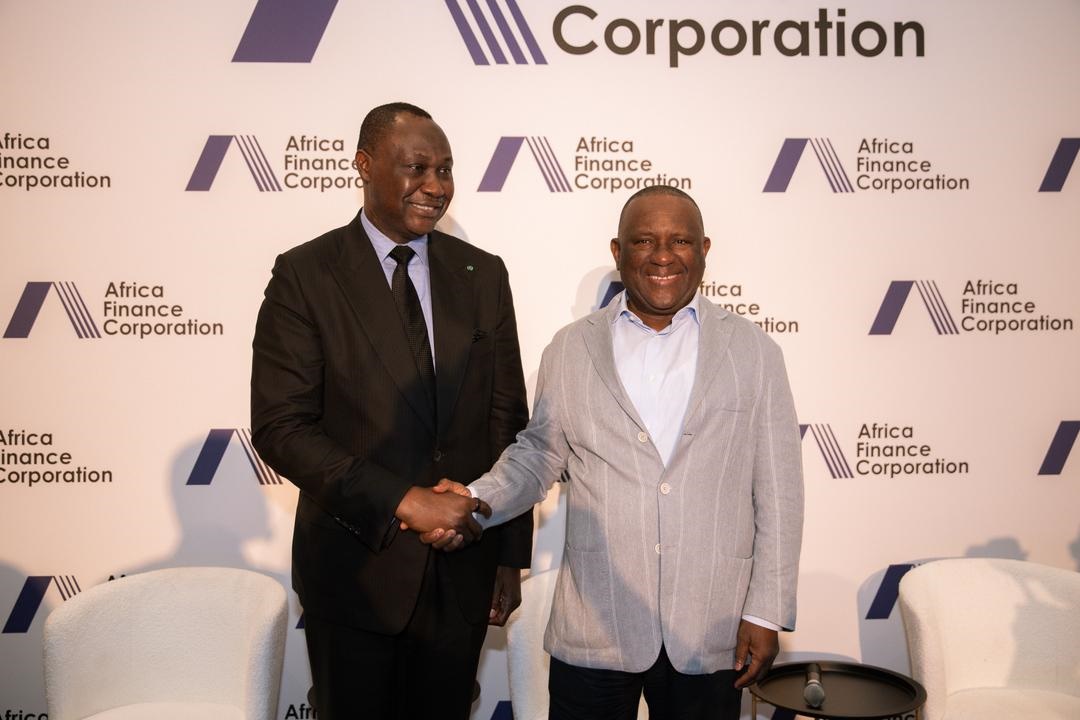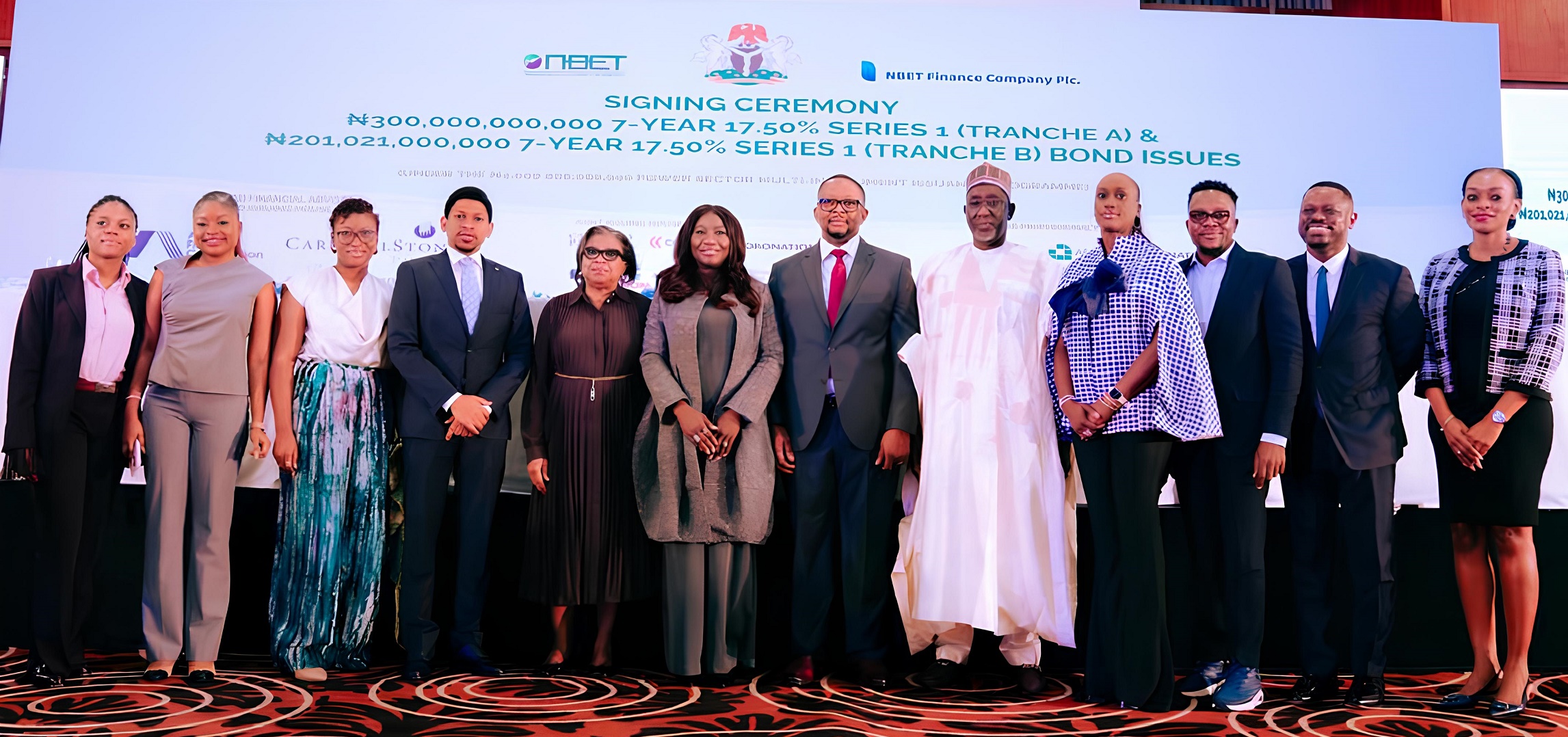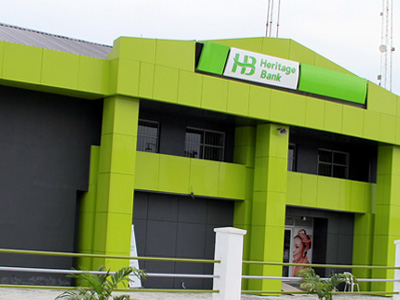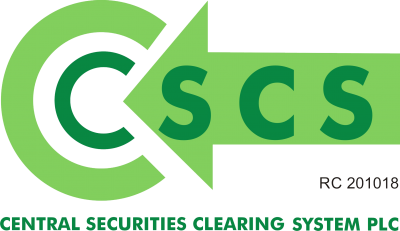
The management Unity Bank Plc, on Monday, wrote the Nigerian Stock Exchange (NSE) to refute allegations by the Special Presidential Investigation Panel for Recovery of Public Property (SPIPRPP) that it owes Federal Government Ministries, Department and Agencies (MDAs) up to N7bn.
The panel’s allegation, the statement by Mohammed Shehu, its company secretary stressed, “is false and unfounded,” just as it insisted that it misrepresented the bank’s position in the reconciliation exercise.
Unity Bank expressed readiness “to prove that it does its banking transactions transparently and in compliance with extant banking regulations and at no time took charges on the MDAs outside the requirement of the Bankers Tariff, which guides banking operations in Nigeria.”
The statement stressed that “Unity Bank transferred all the balances of the MDAs in its books to the Central Bank of Nigeria as far back as 2016, in line with the directive of the Federal Government of Nigeria.”
Recalling events that led to the allegation, the bank recalled that in September 2018, a team from the SPIPRPP visited its office “as part of a ‘special’ investigation into the banking transactions of the government between 2019 and 2018.”
That visit, it continued, culminated in a total of three meetings held with the panel on January 24, 2019, on January 31, 2019, and February 6, 2019, within the premises of the Federal Ministry of Justice, Abuja.
“At the meetings, the panel requested the bank to provide certain information and solely relied on the information provided for the “special” investigation. Throughout the review, the panel refused to invite the MDAs to any of the meetings to corroborate the bank’s records neither was any ad-hoc investigative process initiated to validate the SPIPRPP findings.
“Nonetheless, the bank cooperated fully with the panel,” it added, stressing that in an earlier letter, the bank was requested “to accept culpability and pay off a certain sum deemed outstanding which the bank objected and insisted on completing the reconciliation exercise on the basis that the claims presented against the bank were unfounded.”
Rather than completing the exercise, Unity Bank alleged that “the panel unilaterally halted the reconciliation exercise by refusing to admit further documentary evidence from the bank establishing that there were no balances kept in its books for the MDAs.”
The bank said its reconciliation team was made “to sign a register of attendance at every reconciliation meeting, and that at no time did its team admit to any liability because the process was still on-going and inconclusive.”
It, therefore, expressed surprise that the panel could issue a statement alleging sabotage when it abandoned its sitting and investigation whilst reconciliation was still ongoing with the bank.
This, he continued, is despite the fact that it acted in good faith as a responsible corporate entity and fully cooperated with SPIPRPP and its consultants in the investigation process to demonstrate its non-culpability.


